Space Urban Planning and the Cultural Commons
Recording of “Space Urban Planning and the Cultural Commons” presentation for the IASC 2021 Commons in Space Virtual Conference, February 24-26, 2021.
Abstract:
When we consider humanity’s future in space, we must also consider the deep importance of shared cultural heritage in the Cosmos as a way of promoting peaceful coexistence and cooperation beyond Earth. Professor Susan S. Fainstein of Harvard University defines urban planning as the, “design and regulation of the uses of space that focus on the physical form, economic functions, and social impacts of the urban environment and on the location of different activities within it. Because urban planning draws upon engineering, architectural, and social and political concerns, it is variously a technical profession, an endeavour involving political will and public participation, and an academic discipline [1].” But perhaps even more importantly, Professor Carlo Ratti of MIT points out that, “planning decisions we make today determine the scope of choices we will have tomorrow [2].” And so too, is the case in the global commons of space. By integrating an urban planning mindset to the cultural commons of space and utilizing a specific set of professional tools such as, surveys, design charrettes, digitized mental mapping, and workshops, we can obtain unprecedented global public input and participation in the process of determining what a future vision of humanity looks like as we expand beyond Earth. Celestial Citizen, a space urban planning initiative, seeks to implement a global survey on a scale rarely seen before and engage the world’s population to gather statistically significant data around public sentiment and shared future vision of living, working, and thriving as an interplanetary species. This grassroots movement will require funding sources to ensure that national points of contact can be established, democratic access to opportunities for input exist, collected data can be appropriately mined and analyzed, and results can be interpreted and widely disseminated to the global public.
[1] Fainstein, Susan S. (2020). Urban Planning. Encyclopaedia Britannica. https://www.britannica.com/topic/urban-planning.
[2] Ratti, Carlo and Matthew Claudel. (2016). The City of Tomorrow: Sensors, Networks, Hackers, and the Future of Urban Life. Yale University Press.

